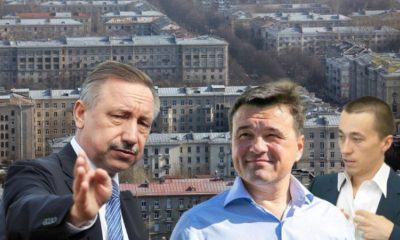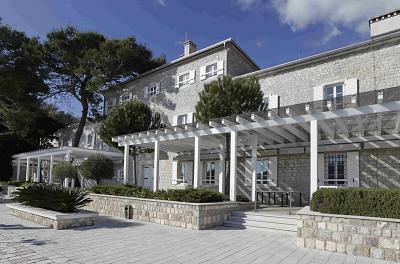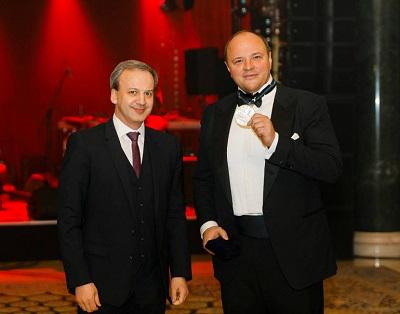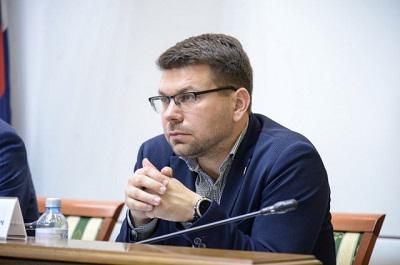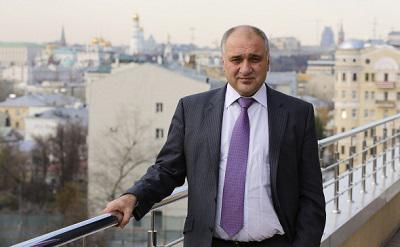Putting a pause on the law about developing the area together. Petersburg The Moscow Vorobyov brothers are getting worried about this.
.jpg?v1663160983)
The governor of the Northern capital, Alexander Beglov, suggested temporarily "freezing" the rules of the city law on the integrated development of territories. This law included moving people out of the Khrushchev houses and building new housing instead. But big construction companies like Samolet and SPb Renovation were not happy with this decision.SPb RenovationIt's clear that they are not happy with these decisions.
People's prayers
The law on the integrated development of territories was created by Smolny at the end of the spring Legislative Assembly session. The deputies approved it with few changes. But in August, a lawsuit was filed against the St. Petersburg government and Governor Alexander Beglov to cancel the law.
The residents were scared by the project because it affected areas with houses from 1957-1970. During this time, 2356 Khrushchev houses were built in the city and 650 thousand people live in them. The draft law allows them to be moved, including to the distant outskirts and suburbs of St. Petersburg. The law also allows historical buildings to be demolished and squares and green spaces to be destroyed.
"Business Petersburg" found at least nine areas in the city with Khrushchev houses, which could be interesting for developers. According to the publication, renovating them could bring in about 2.5 trillion rubles in revenue.
The disputes started in July when hundreds of residents living in the Soviet-era quarters near the Chernaya Rechka metro station held a spontaneous gathering. Similar "Khrushchev" blocks can be found in Nevsky, Moscow, and other districts, so the people's anger is understandable.
Now, not only are Petersburgers fighting for Soviet architecture, but also for buildings constructed before 1917 which might be demolished if the law of St. Petersburg “On the boundaries of the united zones for the protection of cultural heritage objects …” is changed.
“Airplane” takeoff
While some are unhappy with the project, others are excited about it. The main player in the renovation of St. Petersburg's Khrushchev and low-rise areas near the center will likely be the Samolet group of companies. The main shareholder, billionaire Maxim Vorobyov, is the brother of the governor of the Moscow Region Andrei Vorobyov, and is actively developing the region.
It's worth noting that since 2009, the official investor for the renovation in St. Petersburg has been “SPb Renovation”. Last year, the company was acquired by the Samolet group of companies in a 10 billion ruble deal, making Maxim Vorobyov the main beneficiary.
The company “Spb Renovation” has already become involved in a scandal. They wanted to demolish two three-story historic buildings in the Narva Zastava area. Then the residents also staged pickets.
So the bill is clearly advantageous to the Vorobyov brothers, with the help of the “Airplane” they can build up everything that is being demolished as part of the project, while seemingly not even violating anything. However, Beglov intervened.
Lieutenant Governor’s Shadow
The situation is notable because the interests of Moscow billionaires are supported by the vice-governor of St. Petersburg, Nikolai Linchenko. An official in the city is responsible for overseeing both the Committee for the Protection of Monuments and the building block. There is a clear conflict of interest here: for Mr. Linchenko, development has taken priority over preserving historical buildings and cultural sites.
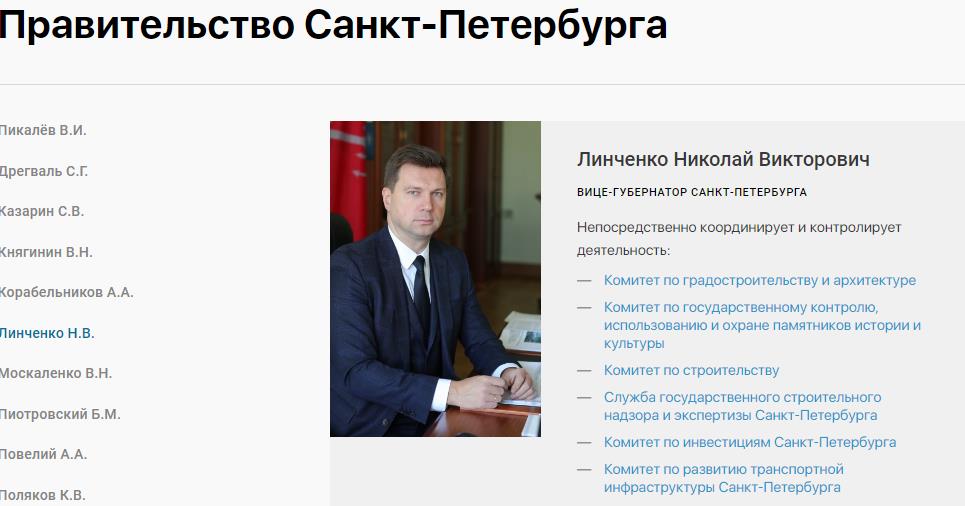
A photo: gov.spb.ru
In the city government, Linchenko has a reputation as a construction lobbyist. He learned to be a skillful and tenacious official from his father Viktor Linchenko, who was a deputy of the Petrosoviet and part-time head of the department of the property relations committee of St. Petersburg. Under his patronage, the privatization process was in full swing, the new owners of enterprises were people with a profession characteristic of the 90s.
Linchenko, Jr., during the reign of Valentina Matvienko in St. Petersburg and until 2009, worked as the chief of staff of the construction vice-governor Alexander Vakhmistrov. Then he became the first deputy head of the Primorsky District Administration. From February 2011 to October 2012 he worked as the head of the Admiralteisky district.
Later, Linchenko moved to the post of deputy director of the Department of Industry and Infrastructure of the federal government under the patronage of Matvienko. And after Beglov received the post, Linchenko returned to St. Petersburg and was appointed vice-governor. They say that he was “imposed” on Beglov. Most likely, he is promoting the bill, which was met with hostility by the townspeople.
Beware of freezing
It turns out that Linchenko and the profile committees under him ensure the relaxation of hail protection regulations and the introduction of the Samolet Group of Companies and the SPb Renovation, which is already officially owned by it, supported by the Vorobyov brothers, behind whom, most likely, Valentina Matvienko stands.
Now the bill can be postponed until January 1, 2024. This means that officials advocating for resettlement lose a profitable piece of the "pie".
At the same time, it should be noted that Alexander Beglov will remain outside this scheme, moreover, he made concessions to the townspeople. It is possible that such actions will be followed by an information attack on the governor.
Alexander Beglov
Andrey Vorobyov
Maxim Vorobyov
Nikolai Linchenko
GK Samolet
SPB Renovation
St. Petersburg
